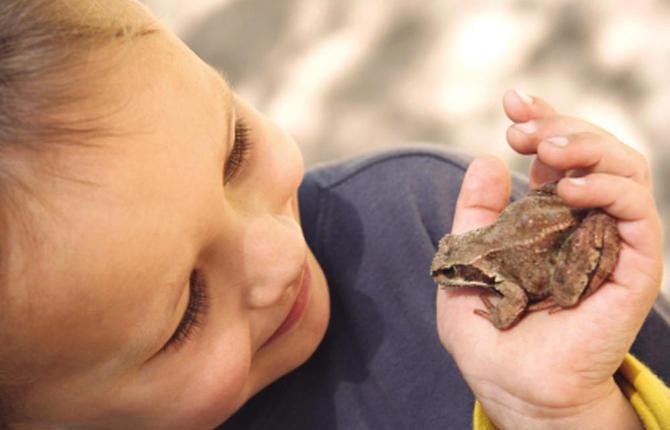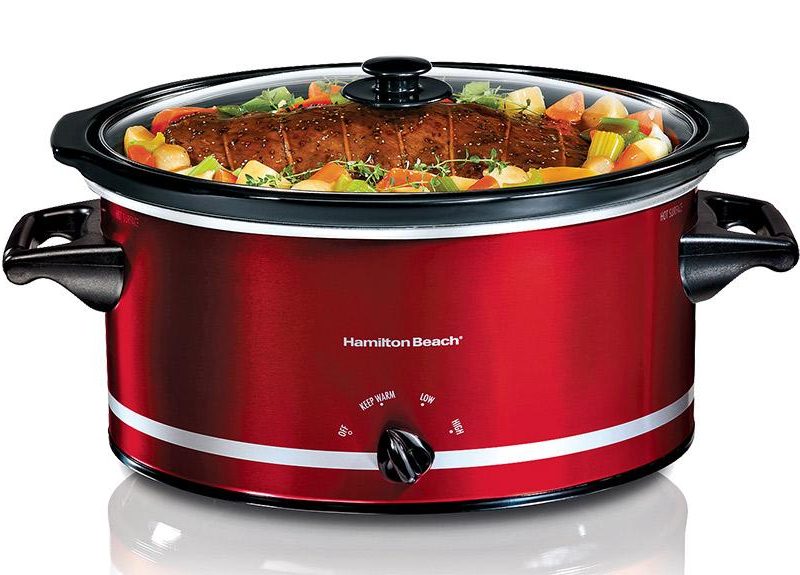
Salmonella infections a danger
Salmonella infections are infamous for the nastiness of their symptoms — fever, nausea, vomiting, abdominal cramps, and bloody diarrhea. They're also known for being particularly serious for babies under the age of one.
A major study conducted by researchers from the Centers for Disease Control, the Food and Drug Administration, and health departments from seven U.S. departments (Pediatrics, December 2006) unearthed some surprising truths about babies and salmonella infections.
While adults are most likely to contract a Salmonella infection by eating contaminated food, infants are more likely to contract Salmonella via one of the following environmental sources (ranked in order of risk):
1. Exposure to reptiles. Reptiles are no longer considered a suitable household pet (or classroom pet) for children under the age of five. They carry dangerous bacteria, including Salmonella, which can easily contaminate the hands and clothing of other family members, leading to contamination of the household environment.
2. Consuming concentrated liquid infant formula. This type of formula is germ-free when it is manufactured, so the researchers concluded that illness must have resulted from contaminated water or improper storage of the formula after it was made.
3. Riding in a grocery cart next to meat and poultry. Being within touching or reaching distance of any uncooked meat product or poultry product poses a risk to babies and toddlers. Previous studies have indicated that even the outside of packages of meat and poultry sold in the meat department in grocery stores can be contaminated with high levels of dangerous bacteria, including Salmonella. To prevent contamination, carry sanitizing wipes and hand-sanitizer when you're shopping and place packages of meat and poultry inside the small plastic bags supplied in the meat department and place meat and poultry products out of reach of your baby.
4. Overseas travel. Babies over the age of three months who traveled abroad were more likely to become infected with Salmonella than other babies.
5. Diarrhea outbreaks at daycare. Babies older than the age of six months faced an increased risk of salmonella infection if they were attending day care and one of their classmates was experiencing an outbreak of diarrhea. If you don't already know what policies your child's daycare has in place to minimize the spread of infections and illnesses, there's no time like the present to find out. You'll want to inquire about the daycare's diaper-changing and hand-washing procedures and sick child policies.
If you suspect that your child has been infected with Salmonella, contact your doctor right away so that a correct diagnosis can be made and treatment can begin as soon as possible.
Ann Douglas is the author of The Mother of All Pregnancy Books and numerous books about pregnancy and parenting. Visit her at www.motherofallblogs.com.






